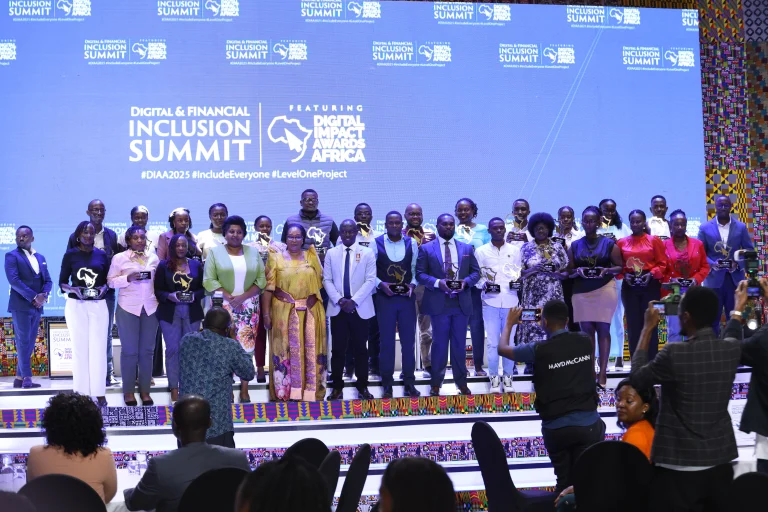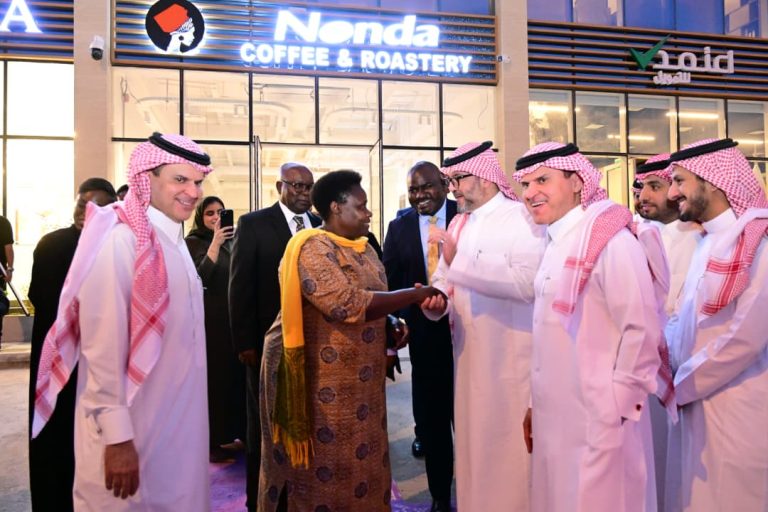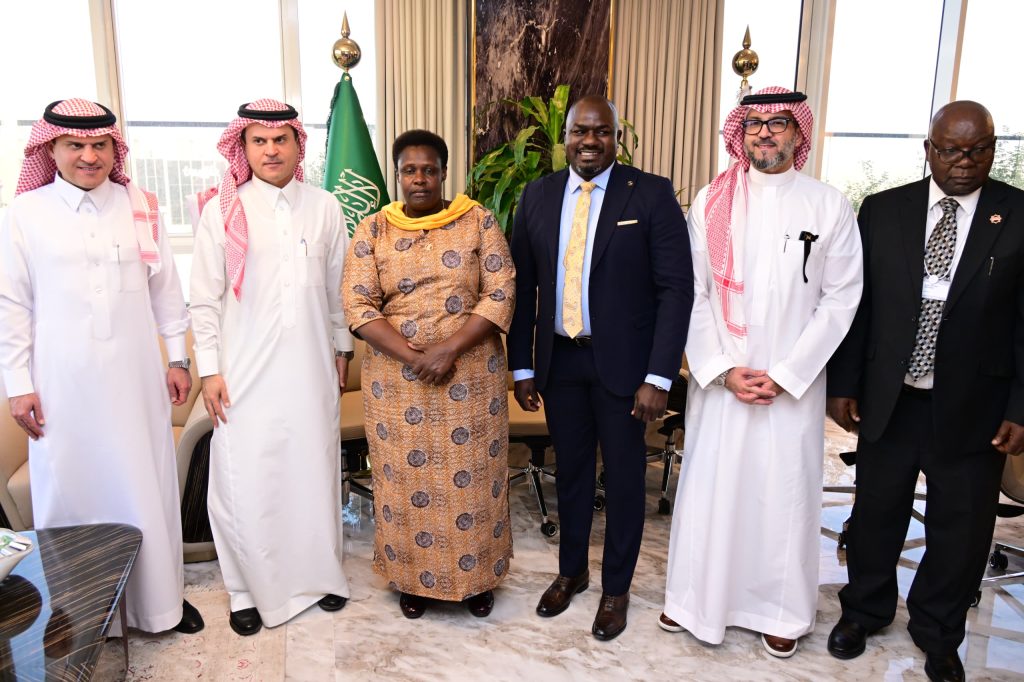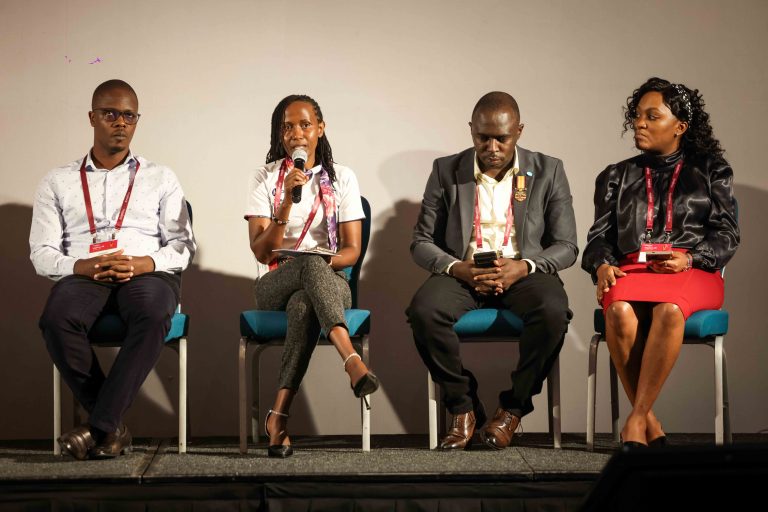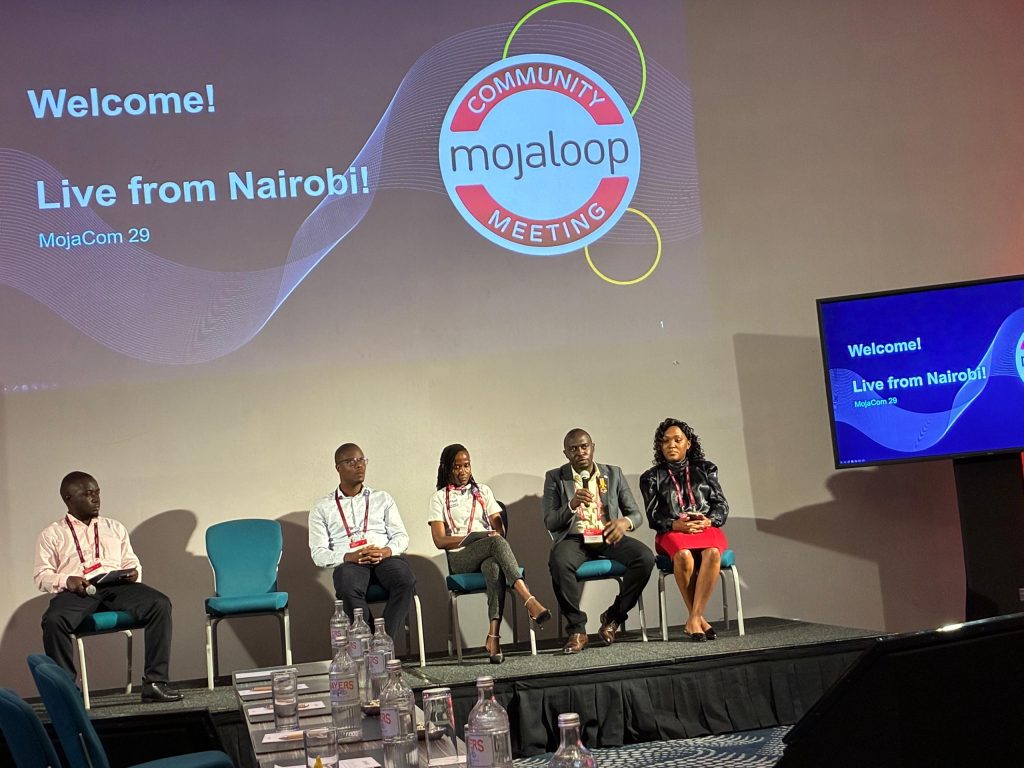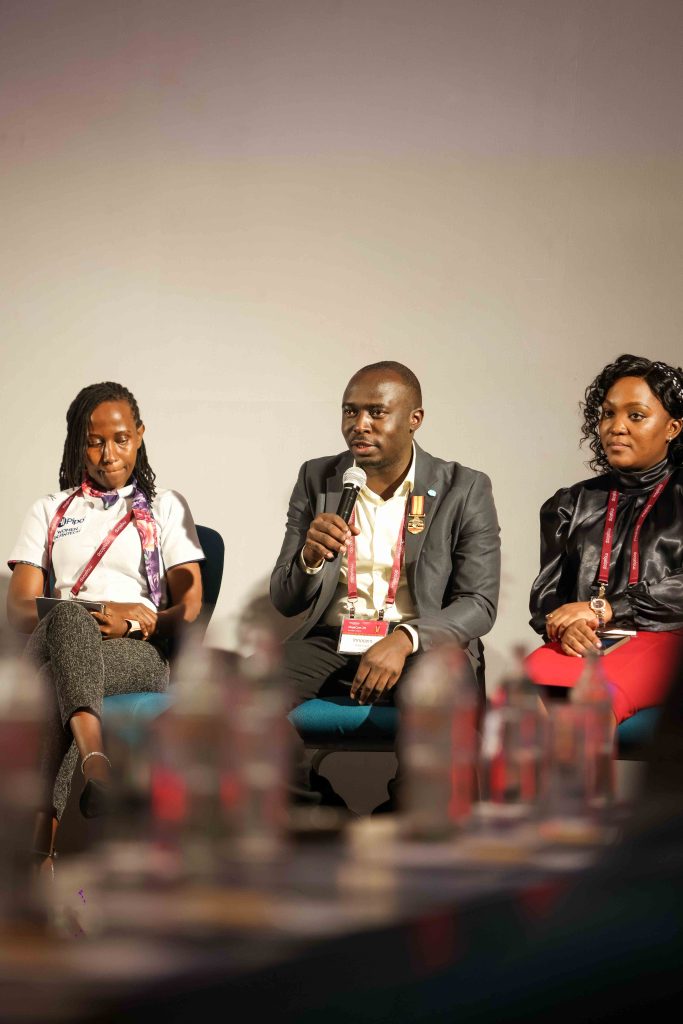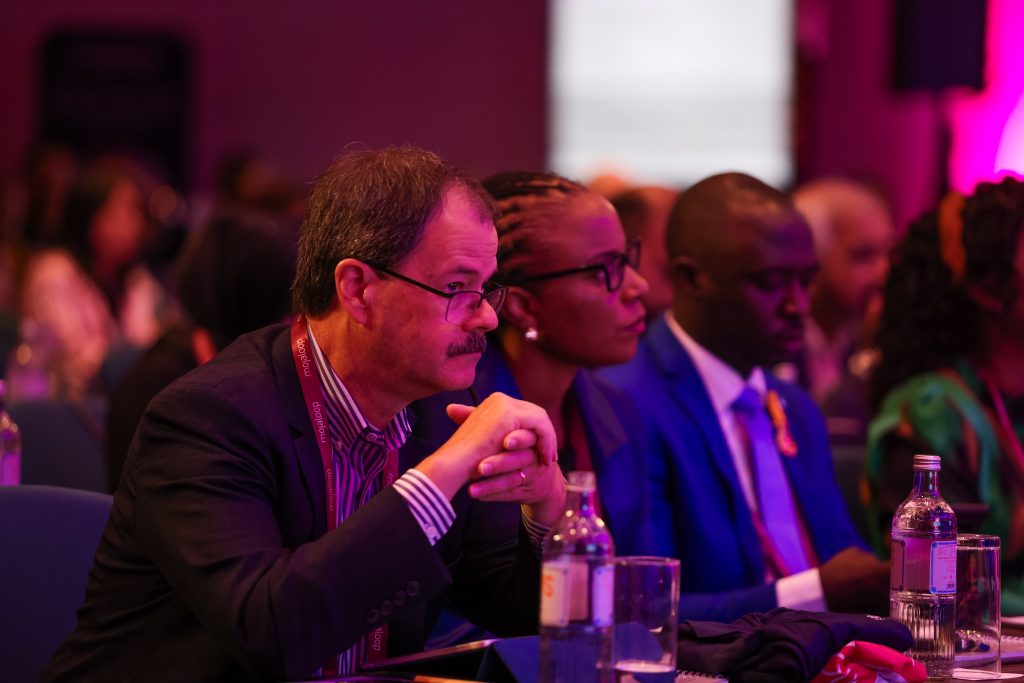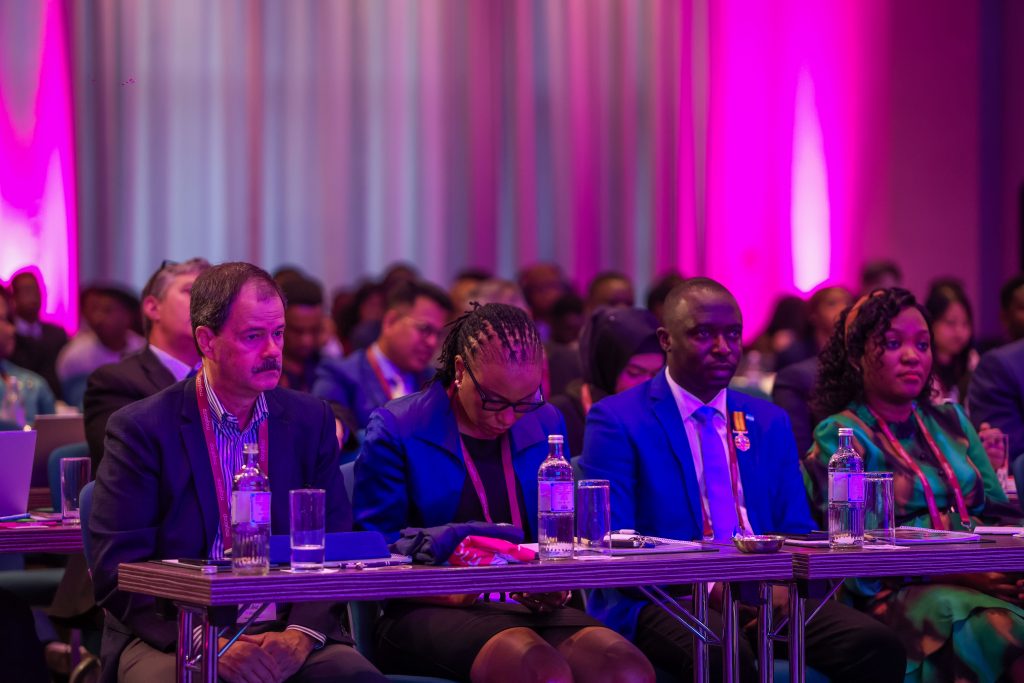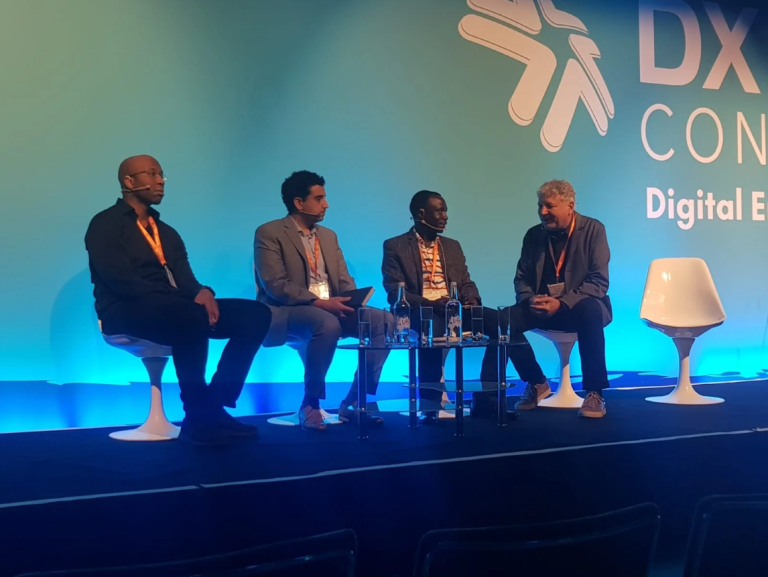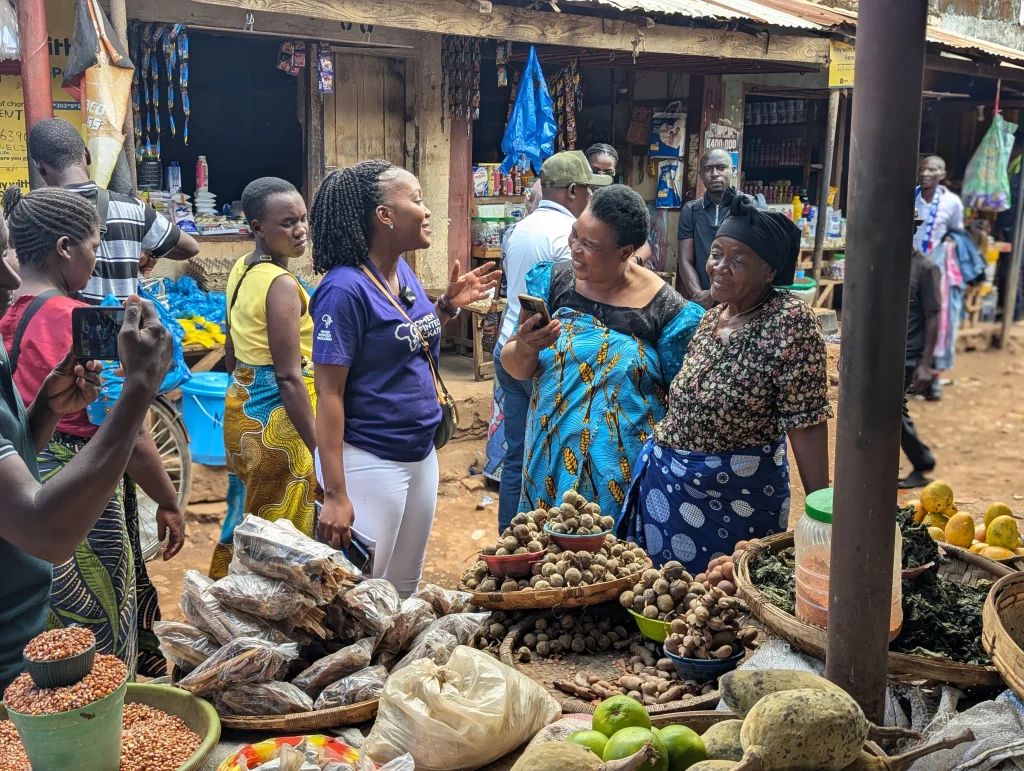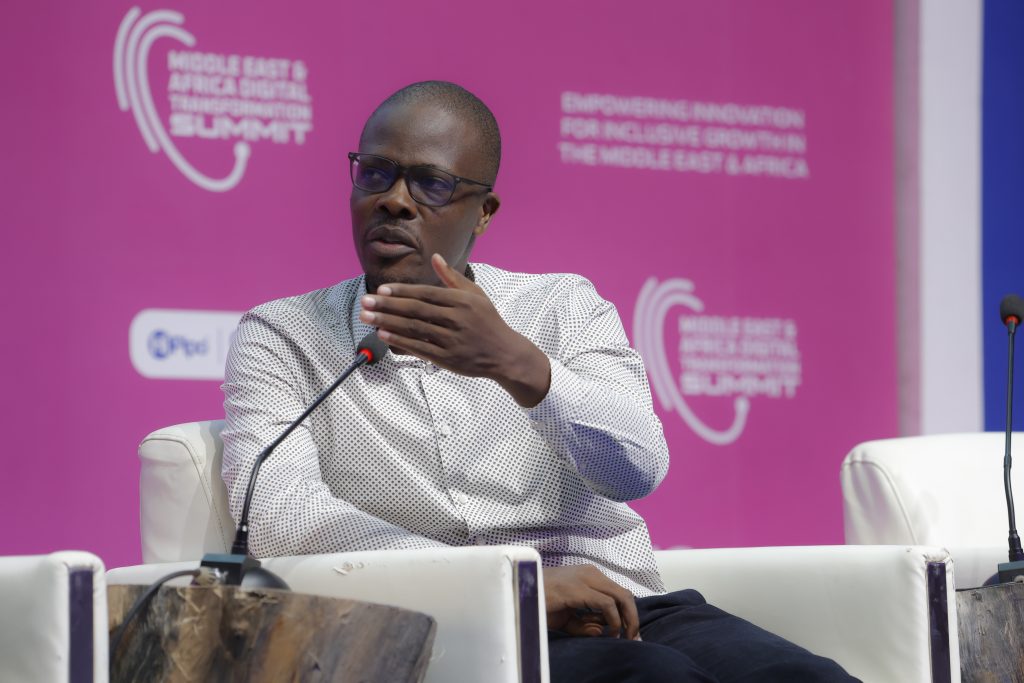MTN MoMo, MTN Uganda, Centenary Bank, and Standard Chartered Bank emerged as the biggest winners at the 2025 Digital Impact Awards Africa. Held on 14th November at the Kampala Serena Hotel as part of the broader Digital and Financial Inclusion Summit, the event once again celebrated outstanding digital innovation and financial inclusion efforts across the region.
MTN retained top honors, taking home Diamond for Digital Brand of the Year, Financial Services Digital Excellence, Technology Services Digital Excellence and CEO of the Year. Centenary Bank secured Digital Brand of the Year – Gold, Banking Innovation Excellence – Gold, and Community/MFI Banking Excellence – Diamond while Standard Chartered Bank clinched Digital Banking Excellence – Diamond and CEO of the Year – Gold.
This year also featured three special categories recognizing individuals who have over the years consistently advanced digital communication and marketing in both the public and private sectors. National Water and Sewerage Corporation’s John Fisher Sekabira won Public Sector Digital Communications Champion, Standard Chartered Bank’s Cynthia Mpanga received the Digital Corporate Affairs Visionary of the Decade award, and Centenary Bank’s Micheal Bulyerali was honored as the Outstanding Digital Marketing Trailblazer.
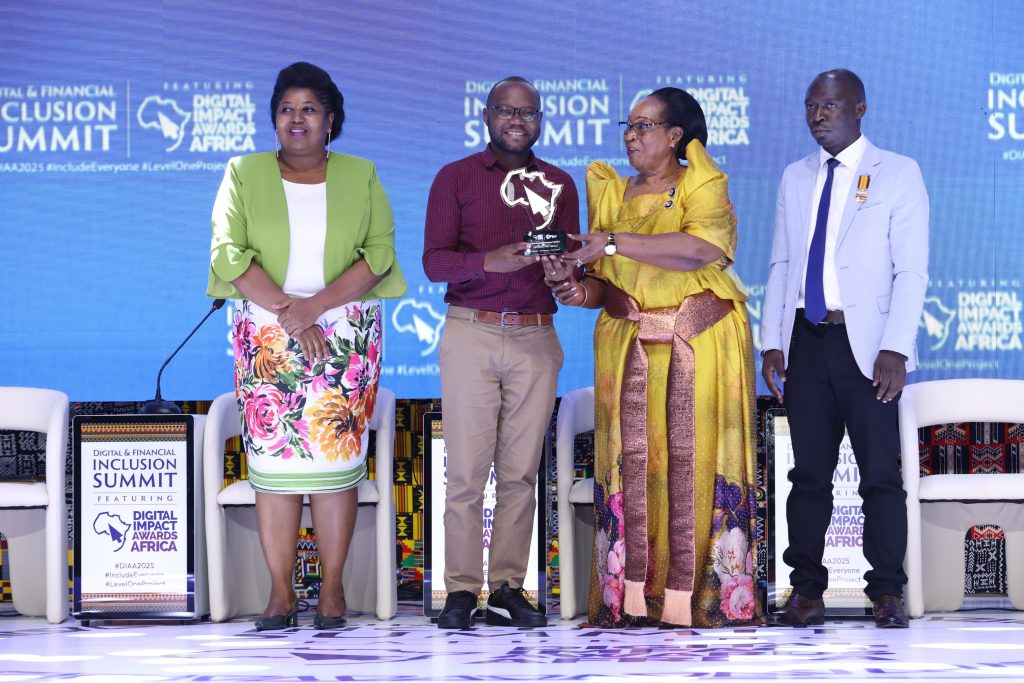
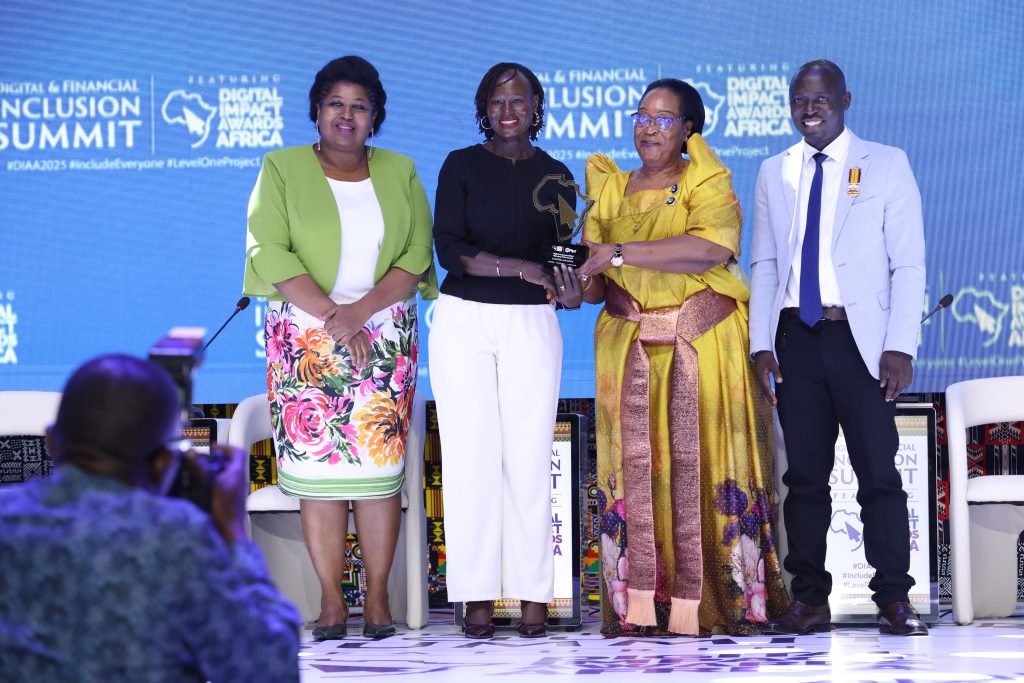
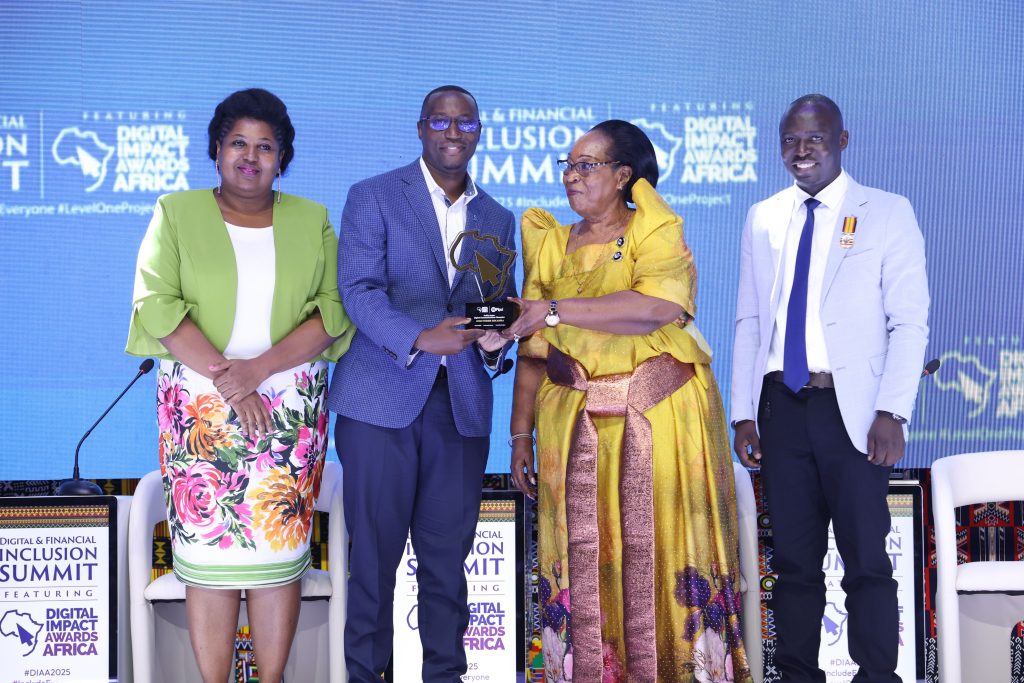
While delivering her Guest of Honour remarks, Owek. Hon. Joyce Nabosa Sebugwawo, the State Minister for ICT, noted that the original vision of HiPipo and CyberPLC; set more than a decade ago was bold yet clear: to champion digital innovation, FinTech growth, and financial inclusion across the continent. She affirmed that HiPipo and her partners have ‘walked the talk’ and continue to shape digital and financial inclusion conversations across Africa.
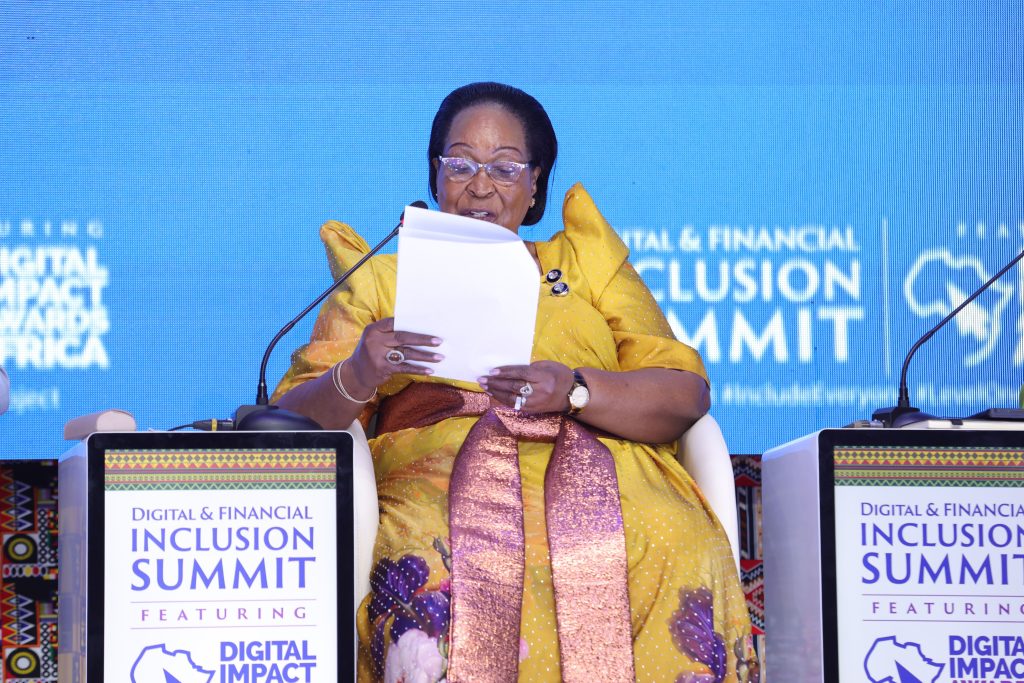
“These accomplishments in the digital domain are proof of the effectiveness of partnership and collaboration. The efforts of HiPipo and its collaborators have been enhanced by the invaluable support of the Gates Foundation, various government bodies, and regional entities, including COMESA Business Council (CBC). Collectively, they have incited a surge of digital excellence that has encompassed the most influential actors in FinTech innovation and the largest corporations in banking and telecommunications.”
Private Sector Foundation of Uganda (PSFU) Vice Chair and SoftPower Communications CEO, Sarah Kagingo, applauded the winners and reiterated PSFU’s commitment to supporting technology-driven transformation in Uganda. She challenged innovators to leverage emerging technologies, including artificial intelligence, to drive last-mile inclusion.
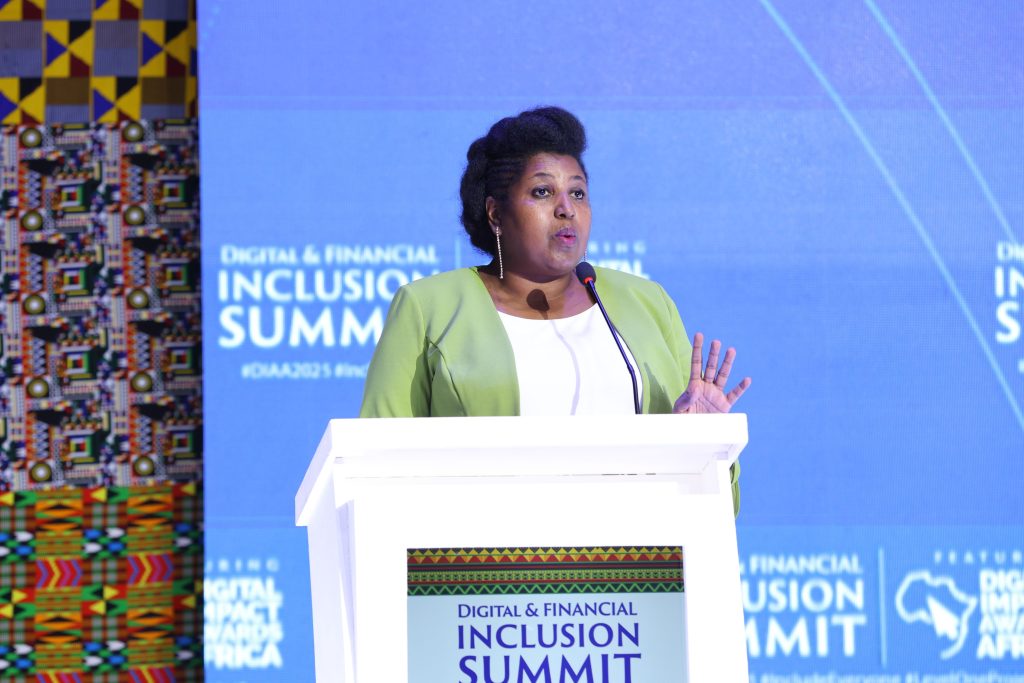
HiPipo CEO, Innocent Kawooya highlighted that his organization’s impact across Uganda and East Africa has attracted broader regional interest, informing the decision to expand the Include EveryOne program within the COMESA bloc; beginning with Zambia and Malawi, with more countries to follow.
He noted that beyond celebrating excellence, HiPipo has this year delivered practical digital and financial literacy trainings to last-mile communities. In Zambia and Malawi alone, the team has supported over 5,000 women cross-border traders, trained hundreds at Elegu Border Post, and engaged more than 200 digital and financial inclusion organizations.
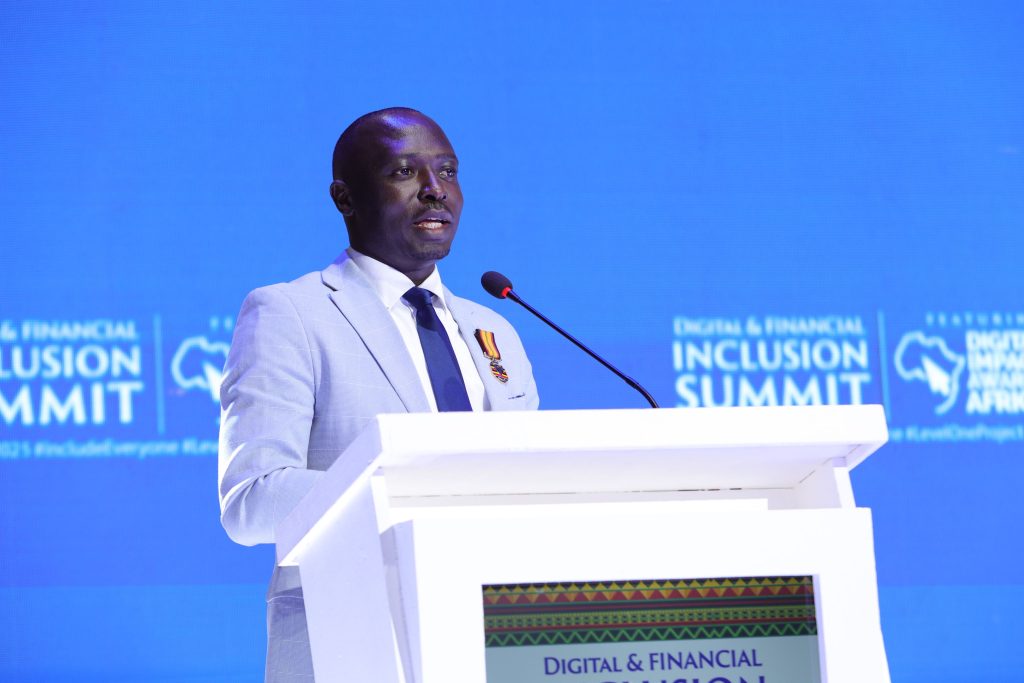
The Digital and Financial Inclusion Summit lived up to its billing and hype with representation from over 50 organizations, up to 25 speakers and over 1000 physical and online attendees.
Here is the complete list of the 2025 Digital Impact Awards Africa (#DIAA2025) Winners.
Certificates
Commendation for Holistic Ride-Hailing Services
Ride Now
Commendation for Sustainable Energy & Fuel Distribution
TotalEnergies
Commendation for Excellent Personal and Home Technology.
Blacklyf
Commendation for Democratizing Cars’ Ownership
Ayyan Motors
Commendation for Democratizing Motorbikes’ Ownership.
Spiro Uganda
Accolades.
Special Awards and Recognition
Public Sector Digital Communications Champion – John Fisher Sekabira
Digital Corporate Affairs Visionary of the Decade – Cynthia Mpanga
Digital Marketing Trailblazer of the Year – Micheal Bulyerali
Financial Inclusion Excellence.
Pride Bank – Diamond
ClinicPesa – Gold
Digital Banking Excellence.
Standard Chartered Bank – Diamond
Centenary Bank – Gold
Banking Innovation Excellence.
PDM digitisation by WENDI Digital Wallet / Pearl Bank – Diamond
QuickTeller Agents Partnership by Interswitch and Centenary Bank – Gold
Community/MFI Banking Excellence.
Centenary Bank – Diamond
Pearl Bank – Gold
FinTech Start-up of the Year.
Paytota – Diamond
Fido – Gold
FinTech of the Year.
Jumo – Diamond
School Pay – Gold
Financial Services Digital Excellence.
MTN MoMo – Diamond
Interswitch – Gold
Consumer Goods and Services Digital Excellence.
Jude Color Solutions – Diamond
Movit Products Limited – Gold
Utilities and Government Services Digital Excellence.
NWSC – Diamond
Technology Services Digital Excellence
MTN Uganda – Diamond
DHS Africa – Gold
CEO of the Year (DFS).
Richard Yego – MTN MoMo – Diamond
Sanjay Rughani – Standard Chartered Bank – Gold
Digital Brand of the Year.
- MTN Uganda and MTN MoMo – Diamond
- Centenary Bank – Gold
